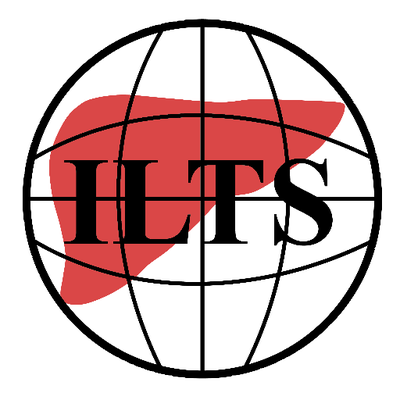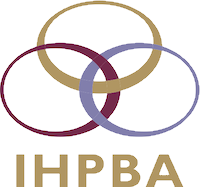| Grades | Definition |
| Grade 1 | Any deviation from the normal postoperative course without the need for pharmacological treatment or surgical, endoscopic and radiological interventions Allowed therapeutic regimens are: drugs as antiemetics, antipyretics, analgetics, diuretics and electrolytes and physiotherapy. This grade also includes wound infections opened at the bedside. |
| Grade 2 | Requiring pharmacological treatment with drugs other than such allowed for grade I complications. Blood transfusionsand total parenteral nutritionare also included. |
|
Grade 3 |
Requiring surgical, endoscopic or radiological intervention |
|
- 3a |
Intervention not under general anesthesia |
|
- 3b |
Intervention under general anesthesia |
|
Grade 4 |
Life-threatening complication (including CNS complications)* requiring IC/ICU-management |
|
- 4a |
single organ dysfunction (including dialysis) |
|
- 4b |
multiorgan dysfunction |
| Grade 5 | Death of a patient |
*brain hemorrhage, ischemic stroke, subarrachnoidal bleeding, but excluding transient ischemic attacks (TIA); IC: Intermediate care; ICU: Intensive care unit.
For more information, please visit: http://assessurgery.com/clavien-dindo-classification/






